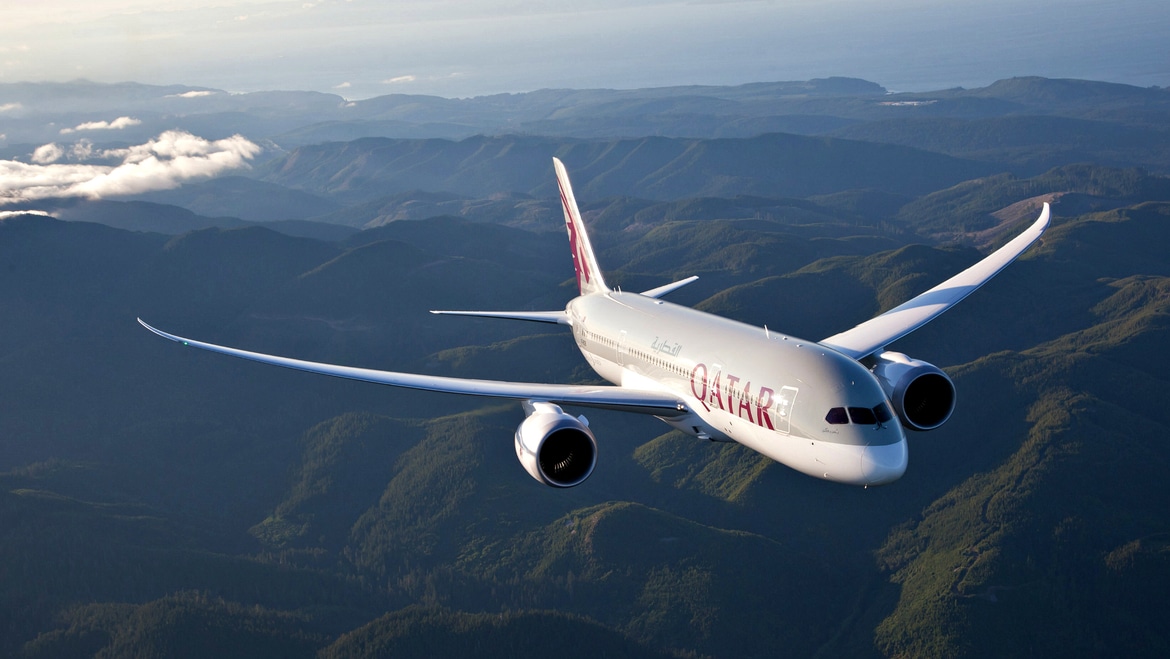
The UN’s top court has ruled Qatar can challenge a blockage of its aircraft by Saudi Arabia, UAE, Bahrain and Egypt before the International Civil Aviation Organization.
The International Court of Justice rejected the appeal against an earlier decision by the International Civil Aviation Organisation (ICAO). The four countries had argued that the latter body did not have the authority to rule against the aircraft ban.
While Qatar will be required to return to the ICAO to demonstrate that the ongoing blockade contradicts international law, representatives for both the state and the airline welcomed the decision.
Qatari Minister of Transport and Communications, Jassim Saif Ahmed Al-Sulaiti, said that “step by step [the bloc’s] arguments are being dismantled, and Qatar’s position vindicated”.
The following day, Qatar Airways announced plans to press forward with its lawsuit against the Saudi-led bloc. Referring to the blockade measures as “abusive and arbitrary”, the company added that the move has “devastated our carefully planned decades-long program for investment and growth in those countries.”
At the time, the Saudi-led coalition accused Qatar of covertly sponsoring terrorism, triggering a severing of diplomatic ties between the island nation and the rest of the Gulf Cooperation Council (GCC).
In the three years since, Qatar-registered aircraft have not been able to cross through bloc state airspace, leading to significant logistical difficulties for the airline.
Analysts have also suggested the move has pushed Doha closer to Tehran, with Al Jazeera reporting Qatar pays about $133 million annually for use of Iranian airspace.




